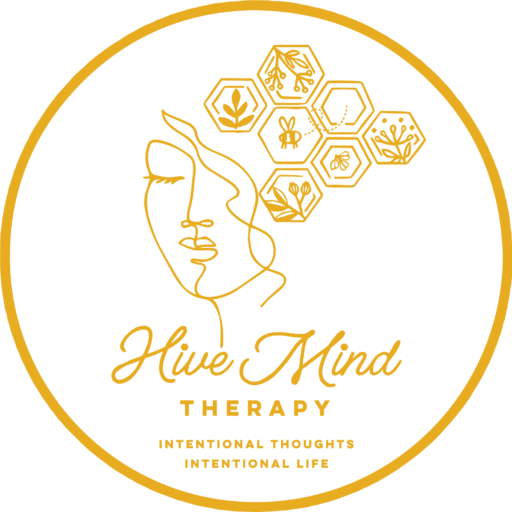While the world celebrates the arrival of a new life, many parents find themselves grappling with the shadows that lurk in the corners of postpartum mental health. In this blog post, we’ll delve into the intricacies of postpartum anxiety, postpartum depression, and the often unspoken but significant issue of intrusive thoughts.
Postpartum Anxiety:
Despite the common focus on postpartum depression, postpartum anxiety is a lesser-known but equally impactful condition that affects many new parents. The heightened sense of responsibility, lack of sleep, and hormonal changes can contribute to overwhelming feelings of worry and fear. Symptoms may include constant unease, racing thoughts, and physical symptoms such as trembling or shortness of breath. Recognizing and addressing postpartum anxiety is crucial for fostering a healthy postpartum experience.
Postpartum Depression:
Postpartum depression (PPD) is a more widely recognized condition that affects mothers and, to a lesser extent, fathers. It goes beyond the typical “baby blues” and can manifest as persistent sadness, loss of interest in activities, changes in appetite, and difficulty bonding with the baby. PPD can be a serious mental health concern that requires professional intervention. Destigmatizing conversations surrounding postpartum depression is essential to encourage parents to seek the help they need.
Intrusive Thoughts:
One of the most distressing aspects of postpartum mental health is the experience of intrusive thoughts. These unwelcome, often distressing thoughts can center around harm coming to the baby or oneself. It’s crucial to understand that having intrusive thoughts does not make someone a danger to their child. These thoughts are a symptom of anxiety and are not a reflection of a person’s true intentions. Seeking support, whether through therapy, support groups, or talking openly with a healthcare provider, is vital for those experiencing intrusive thoughts.
Breaking the Silence:
The societal pressure to present a picture-perfect image of parenthood often contributes to the silence surrounding postpartum mental health struggles. It’s essential to break down these barriers and create a supportive environment where parents feel comfortable sharing their experiences. By fostering open conversations, we can diminish the stigma associated with postpartum anxiety, depression, and intrusive thoughts, ultimately paving the way for more individuals to seek help without judgment.
Conclusion:
Navigating the shadows of postpartum mental health requires acknowledging the existence of postpartum anxiety, depression, and intrusive thoughts. By understanding these conditions and fostering open conversations, we can create a more empathetic and supportive society for new parents. It’s time to shine a light on the complexities of postpartum mental health, offering hope, understanding, and resources to those who need it most.
Conclusion: Parenting is a marathon, not a sprint, and it’s essential to prioritize your well-being to be the best parent you can be. By implementing these strategies and acknowledging the importance of self-care, you can navigate parenthood with more resilience, even during the most challenging times. Remember, you’re not alone, and seeking help when needed is a sign of strength, not weakness.

